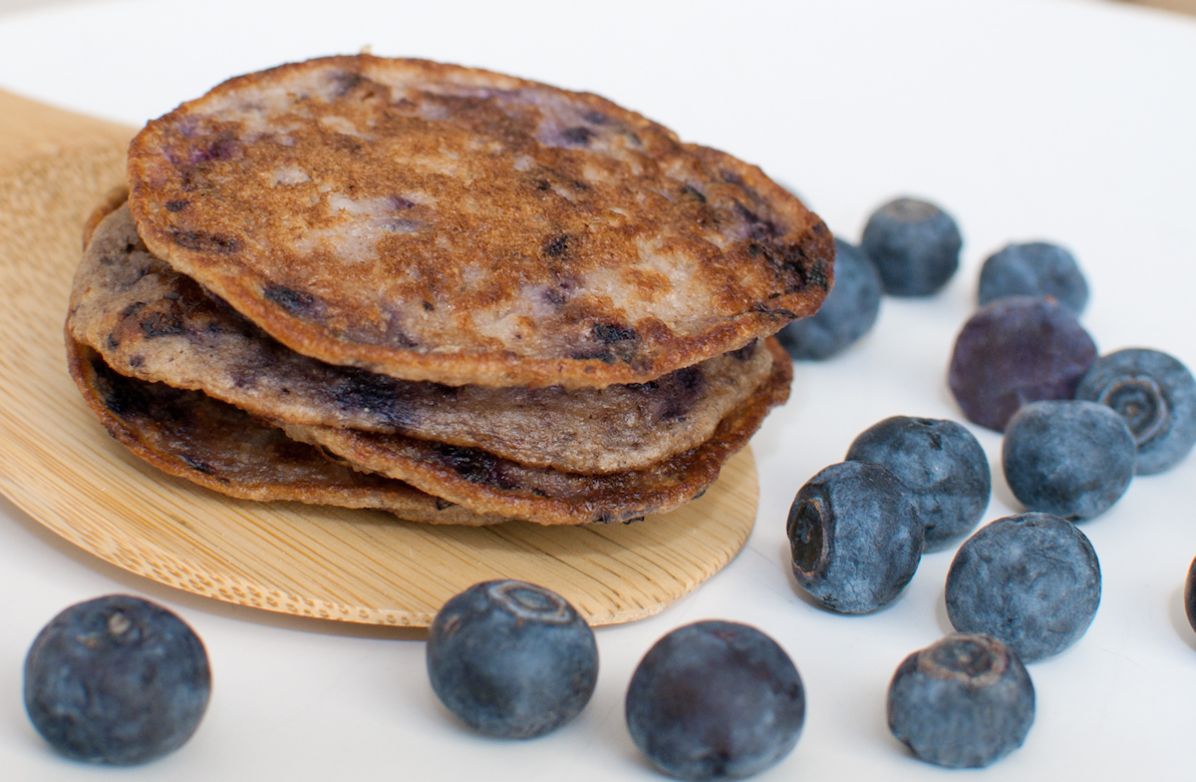 Please note: Rather than diagnosing the problem and solution yourself, please consult with your child's pediatrician or specialist. This is a guide to help you gather information so you can have a productive discussion with your health provider.
Please note: Rather than diagnosing the problem and solution yourself, please consult with your child's pediatrician or specialist. This is a guide to help you gather information so you can have a productive discussion with your health provider.
Can the foods you eat really irritate or cause allergies in the breastfed baby? Possibly. There are two separate issues here. Irritants are different from allergens. Irritants might just make a baby temporarily fussy because they can cause gas to build up in their tiny intestines. Allergens could cause an actual allergic reaction, which typically lasts longer and could cause long-term allergies to particular foods.
- Temporary Irritant or Sensitivity Common irritants include: chocolate (may also cause diarrhea), and "gassy" vegetables (broccoli, cauliflower, bell peppers, and onions). If you suspect that your newborn is "fussy" or irritated by certain foods you are eating, one approach to determine the irritants, and to provide useful information to your pediatrician, is to keep a food journal. Be sure to note each food, the quantity consumed, and both the time you ate it and breastfed your baby. You may also want to note your infant's reaction and when it appeared to happen (during feeding, 1 hour later, etc.). If your baby is temporarily irritated by the foods you eat, it usually subsides as your baby grows and his/her gastro-intestinal tract matures. Discuss possible irritants with your health care provider.
- Allergic Reactions In rare occasions, newborns are allergic to foods (eggs, corn, dairy, soy, wheat, peanuts and tree nuts are the most common) passing through the breast milk. Symptoms of an allergic reaction may include vomiting, diarrhea, rash, irritability, gas, or blood in the stool. It can often take 2 weeks for an allergic irritant to clear out of your system, so eliminate a suspected food for two weeks, and take note if any positive changes occur in your baby. Then, reintroduce foods one-by-one in order to isolate and determine a possible problem. Resume eating these foods in small amounts, and watch for symptoms to recur. Discuss your suspicions with your child's pediatrician.
How BabyFit Can Help
The BabyFit.com Nutrition Tracker is the perfect way to track your food for your own nutrition as well as a record of possible irritants/allergens to your baby. The "Journal" that accompanies the Nutrition Tracker can be used to record your baby's behavior and "fussiness" patterns, as well as possible allergic reactions. These detailed records will be helpful when you meet with your pediatrician.
This article has been reviewed by Becky Hand, Registered Dietician.
|
 Please note: Rather than diagnosing the problem and solution yourself, please consult with your child's pediatrician or specialist. This is a guide to help you gather information so you can have a productive discussion with your health provider.
Please note: Rather than diagnosing the problem and solution yourself, please consult with your child's pediatrician or specialist. This is a guide to help you gather information so you can have a productive discussion with your health provider.





Member Comments